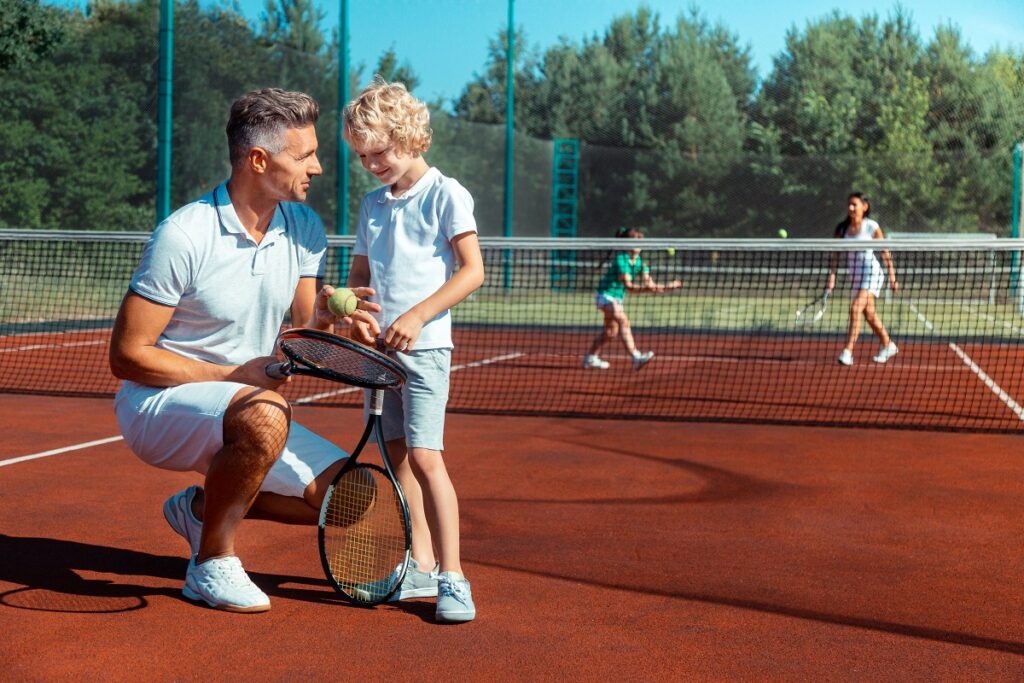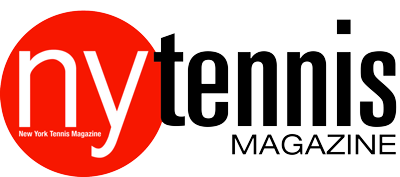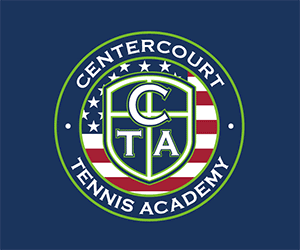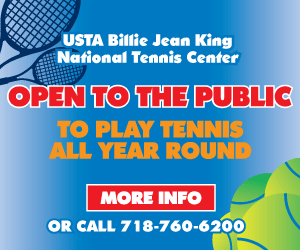The Complicated Issue of Parents Coaching Their Kids

About two years ago I went to watch one of my students play a USTA Eastern Section tournament. It was a 12U event, his opponent was a nice little player and it was a close match. However, I noticed right away that the kid kept looking at his watch before and after every point; it looked strange.
It didn’t take me long to realize that his father, who was sitting very close to me, was texting him instructions after every point! The kid was wearing a smart watch (but had a not-so-smart dad). When I pointed it out to the referee of the tournament, she stood next to the father which forced him to stop the cheating. The poor kid kept looking at the watch waiting for instructions, and eventually he couldn’t function and his game collapsed; it was pathetic. I felt sorry for the kid and ashamed for the father. The whole idea of playing a match is for the kids to figure out on their own how to deal with the challenges of a tennis match, and what the dad was doing was not only against the rules, but also against logic.
In the 24 years that I have been a teaching pro, I have witnessed bizarre behavior from parents of junior players. Often times the pressure that is put on the kids to perform well and “meet the expectations” result in scared kids who end up making bad calls in order to win and please the ultra-competitive parent. In general, many of the junior tournaments are a mad house of overbearing parents lurking around the courts giving, often times illegal, tips to their kids, and looking extremely nervous and uptight while the kids are trying to battle it out. With the kids calling their own lines, and the reality that there is almost never a referee when needed, it can get pretty ugly. As a coach who runs a junior program, I interact with all types of parents, and developing a trusting relationship with the student’s parents is an important part of my job. The degree of involvement varies, and I’ve seen the classic, overbearing parent who shows up to each lesson, lives vicariously through their child’s career, and fancies themselves as coaches (these types of parents rarely last with me).
There is also the passive parent who hands out the child and say: “it’s the child’s hobby, you tell us what to do; I don’t know tennis”. That type is the easiest to work with but not necessarily the best. Ideally though, there should be a middle ground where the parents give the unconditional support and show an involvement without pushing too much, all while allowing a professional person to guide them through the stages. As a coach I rely on the parents to help with the logistical and emotional needs, but let the pro work with the kids on the professional, technical and strategic parts of the game. The relationship between coach and player can get pretty close as many hours are spent together on the court and between matches, and the coach is witnessing the kids experiencing emotional ups and down, from both big wins and disappointing losses.
It is a known truth that, in many cases, parents are the engine for success in sports. In tennis the most famous case is Richard Williams, father of Venus and Serena. Williams coached his two daughters to become the top-ranked players in the world with Serena becoming arguably the best female player ever. He coached them on a daily basis despite not having any tennis background. He did take the girls to some lessons with top pros at the time, such as Rick Macy, but for the most part, he did it on his own proving to possess both great intuition and motivating skills. Long before the Williams Sisters were born, the great Jimmy Connors was coached by his mother who was a teaching pro. He didn’t do so badly in his career, winning 109 ATP titles; more than anyone.
But I can safely say after more than 40 years in this field that for every success story, there are a dozen cases in which the over involvement of parents hurt the player’s career and, in many cases, damaged the relationship with the kids. Specific cases that come to mind are those of Jennifer Capriati and Jelena Dokic. Capriati was coached by her father from a very young age had an amazing career but suffered from depression and ended her career emotionally scarred.
Dokic got to the Top 10 in the world in singles while being coached by her father. However, she ended up getting a restraining order against him for physically and mentally abusing her, and he was subsequently banned from showing up at WTA events.
The “pushy parent” is typical of all sports but in an individual sport like tennis, the role of the parent is bigger. In a team sport, the player is basically at the mercy of the coach once the competition starts, while in tennis the parent employs the coach so logistically the parent’s role is huge—the player relies on the parents to drive them to tournaments, feed them, take care of their equipment, etc.
Most kids start playing around six-years-old, and when done in a healthy way and with the proper coaching, it can be ideal. What can be more fun than spending time with and watching your kid develop as a player and person? The problem is that often tennis, being the competitive and demanding sport that it is, can become a nightmare. For example—when the kid doesn’t meet his/her expectations, the expectations become too high, or when the kid becomes a teenage and starts to lose interest. From the parent’s point of view, this can be very frustrating after years of financial and emotional investment.
What does a parent do in such a situation? Most parents don’t have a tennis background higher than playing country club tennis and there are many mistakes that can be made. The right thing to do is to consult with professionals and choose the right coaching staff/program. The wiser parents will know when they find the right person to work with their child and step out of the picture, allowing the child to thrive on their own. The ones who let their ego control them will probably do more harm than good, despite the good intentions.
The parents should always be a part of the team; I always allow the parents to watch the lessons and share my thoughts with them, but there is no talking to the player during the lessons and, in general, I instruct them not to talk to the kids about tennis unless the kid starts the conversation. But I’m pretty sure that they don’t always listen to me.
It is my opinion that a parent should not act as a day-to-day coach to their child, even if the parent is a coach. As a father of a talented five-year-old boy who loves tennis, I hold back on my fatherly instinct to take him under my wing and coach him full time. Instead, I let my assistants work with him and I simply play with him for fun without giving him instructions, ensuring our time on court is quality time.
I will obviously mentor and support him if he chooses to play seriously in the future, but never as his daily personal coach. My father was a Field Hockey player back in his native Australia and he played professionally. He never interfered with my tennis as he understood that it wasn’t his field—he just supported me, drove me everywhere and believed in me. He never spoke about winning or losing. He cared more about sportsmanship and being a gentleman was more important than anything. But he was very competitive; I knew it and inherited that from him. I believe that is in the heart of every true athlete—the will to win. No need to teach it.
For this reason the first phone call I always made after I won a match was to my father, because there’s nothing that a kid wants more than to please his/her parents.






